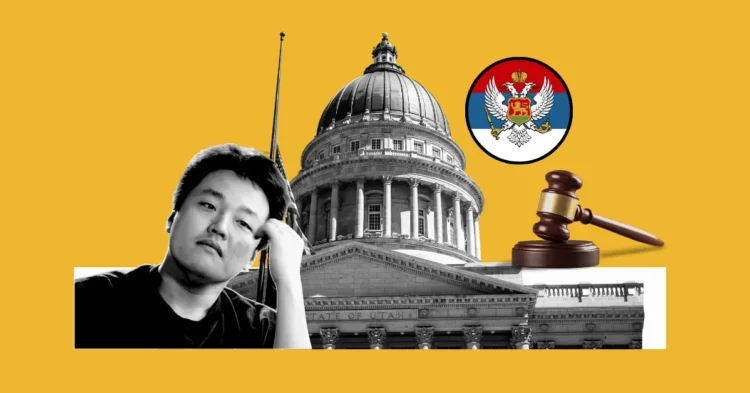In a significant legal development, Montenegro’s Constitutional Court has dismissed an appeal by Do Kwon, the co-founder of Terraform Labs, concerning his extradition process. This decision strengthens the position of the country’s Minister of Justice, who now holds the authority to determine whether Kwon will be extradited to South Korea or the United States to face legal proceedings.
Montenegro Court Rejects Dokwon Appeal
The Constitutional Court’s ruling was a unanimous decision against Kwon’s appeal, which challenged the legality of a previous decision by Montenegro’s Supreme Court. This earlier ruling had annulled Kwon’s immediate transfer to South Korea, thereby transferring the authority of the extradition decision to the Justice Minister. Despite Kwon’s legal team arguing that the process was procedurally flawed, the Constitutional Court found no breach of Kwon’s rights to a fair trial or family life.
The responsibility to decide Kwon’s extradition now rests with Bojan Božović, Montenegro’s Justice Minister. Speculation suggests that Montenegro might opt to extradite him to the United States rather than South Korea, potentially influenced by national interests and international relations considerations.
As the recent court decision empowers Bojan Božović with the critical decision-making role, reports indicate that Montenegro might lean towards extraditing Kwon to the United States. Analysts speculate that such a decision could be swayed by strategic national interests.
Kwon’s legal representatives are likely to explore further avenues to block his extradition to the United States, leaving the timeline and final decision on his extradition uncertain.
Background of Kwon’s Legal Troubles
Do Kwon’s legal challenges have been ongoing since his arrest in Montenegro the previous year for allegedly using a fake passport. In August, Montenegro’s highest court delayed an earlier decision to extradite him to South Korea. This delay came after a lower court ruled against the United States’ request for extradition, instead showing preference for South Korea. However, the Supreme Court later postponed Kwon’s extradition to South Korea pending the resolution of a legal request by prosecutors.
The postponement introduces additional uncertainty to the case, as both South Korea and the United States continue to seek Kwon for alleged criminal activities. This cross-border legal battle underscores the complexities of international law and extradition processes, highlighting the intense scrutiny and diplomatic considerations involved in such high-profile cases.










